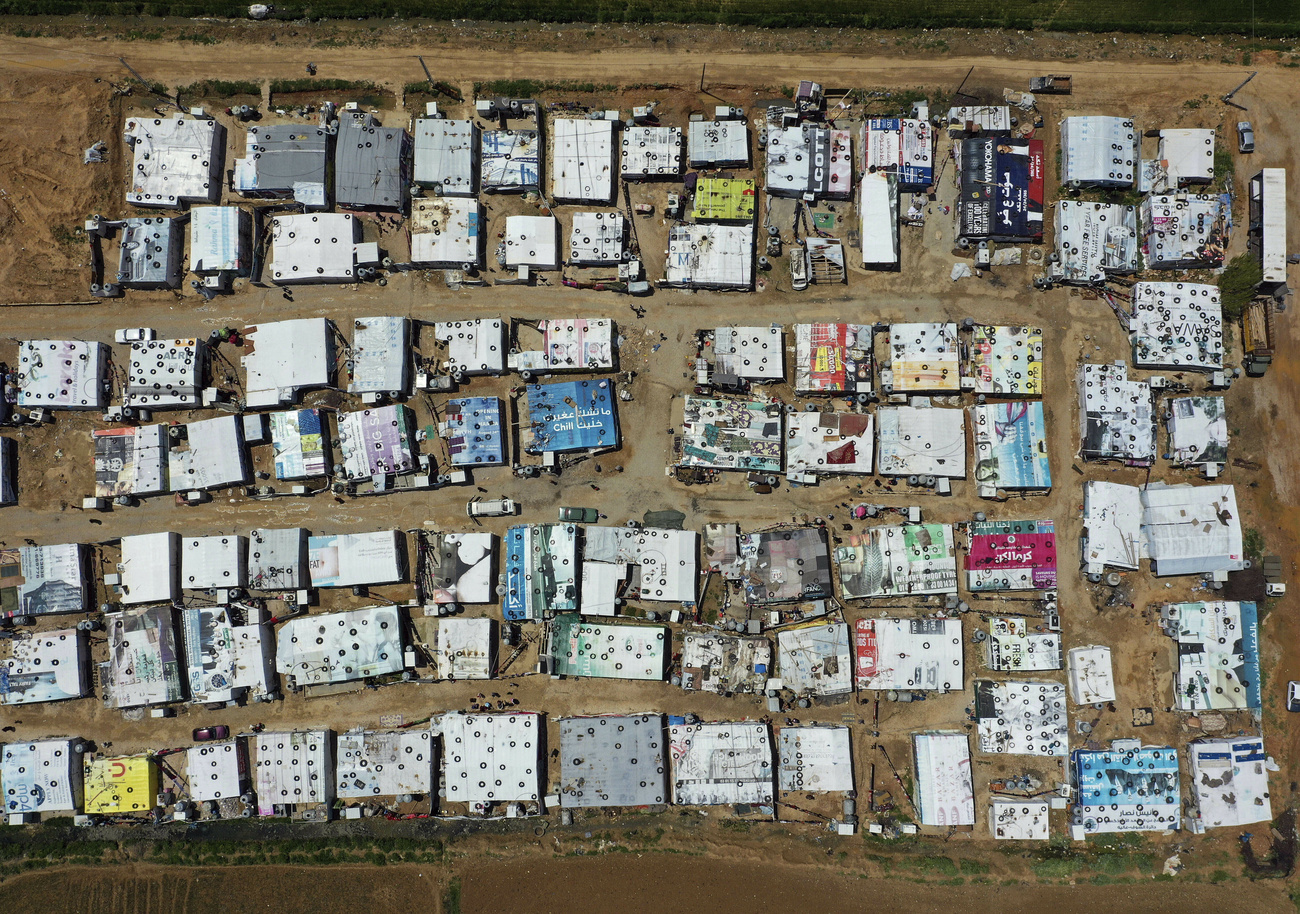
If walls could talk …
Before the Arab Spring uprising swept through Libya, thousands of political prisoners had for many years been held in Moammar Gaddafi's prisons. Here, the halls and cells of the notorious maximum security Abu Salim prison are open for all to see.
As the site of the terrible 1966 massacre of some 1,200 prisoners who had protested over living conditions, the symbolism of the liberation of Abu Salim prison during the uprising was particularly powerful. Indeed, it was the arrest of Fathi Terbil, a lawyer representing the families of Abu Salim’s victims that had helped spark the revolt in Libya in February 2011.
Ten days after the uprising began, thousands of people arrested after demonstrations in Tripoli were packed into Abu Salim. With the wing reserved for political prisoners full, new arrivals were housed in the military wing. Arrested on suspicion of being rebels, they were made to sign a statement blindfolded – if they refused, they were tortured: tied up, hung from an overhead metal bar and beaten. (All images: Peter Püntener)
















































You can find an overview of ongoing debates with our journalists here . Please join us!
If you want to start a conversation about a topic raised in this article or want to report factual errors, email us at english@swissinfo.ch.